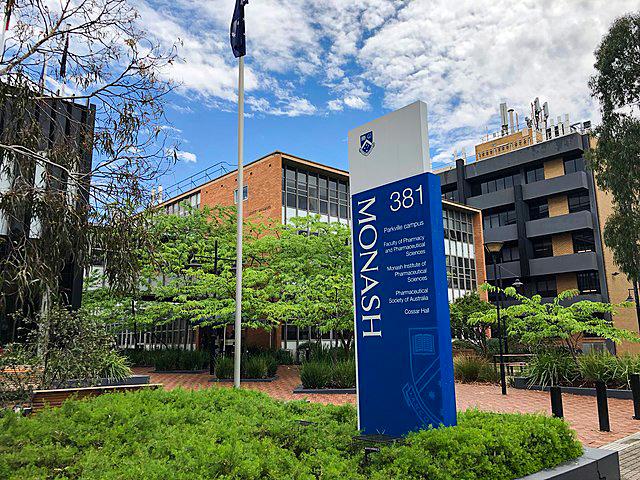The Victorian Labor Government has announced Australia’s first globally recognised biorepository, Biobanking Victoria, months after the state-funded laboratory received its accreditation from the National Association of Testing Authorities (NATA) in November.
“Biobanking Victoria is the culmination of years of hard work by a highly dedicated team,” said the Director of Biobanking Victoria, Prof. Melissa Southey.





